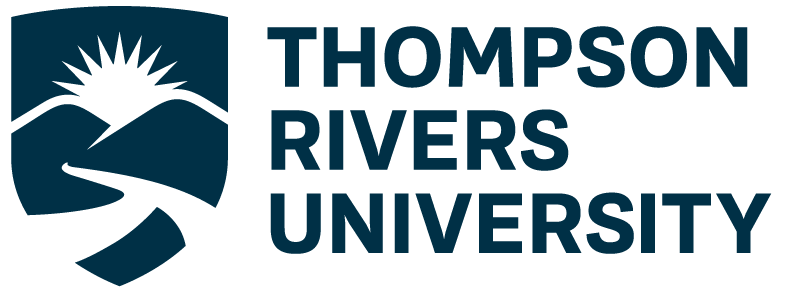Writing and AI Use
Overview
Artificial intelligence has become a powerful tool for writing, offering support in idea generation, text organization, grammar checking, and style improvement. However, using it effectively requires understanding how to integrate it ethically and responsibly. AI may be used for:
- Inspiration and idea generation: get suggestions and creative approaches to start a text.
- Organization and structure: create outlines and organize arguments coherently.
- Revision and style improvement: detect grammar errors, enhance clarity, and improve flow.
- Research and citation: assist in finding information and references responsibly.
It is important to remember that AI should complement critical thinking and your own voice, not replace them. When used thoughtfully, it can enhance productivity and the quality of writing, becoming a valuable ally at any stage of the creative process.
Tips for Writing using AI
TRU Writing Centre
Whether you are an undergraduate or graduate student, The Writing Centre welcomes you to book an appointment and receive feedback from their tutors. They provide support and peer-to-peer guidance at every stage of the writing process, including understanding assignments, brainstorming ideas, organizing outlines, crafting clear and persuasive arguments, conducting research and citing sources, revising for grammar and punctuation, and developing a variety of other essential writing skills.
Practice Your Understanding
If you are a tutor or help a classmate
AI Usage Assessment
Evaluation Tool for University Tutors
Student and Assignment Information
1. Writing quality vs. student’s previous academic level
2. Structure and content organization
3. Vocabulary and technical terminology usage
4. Writing style consistency
5. Depth and originality of analysis
6. Source and reference handling
7. Natural errors and imperfections
8. Submission time vs. work complexity
9. Personalization and connection to course context
10. Ability to explain or defend the work
Student Self-Declaration
Question for the Student: Did you use any AI assistance for this assignment?
11. Student declares AI usage
Evaluation Results
AI Usage Declaration Form
This form can help you keep track of your AI usage, but it does not replace the statement that your instructor or tutor may request from you.

